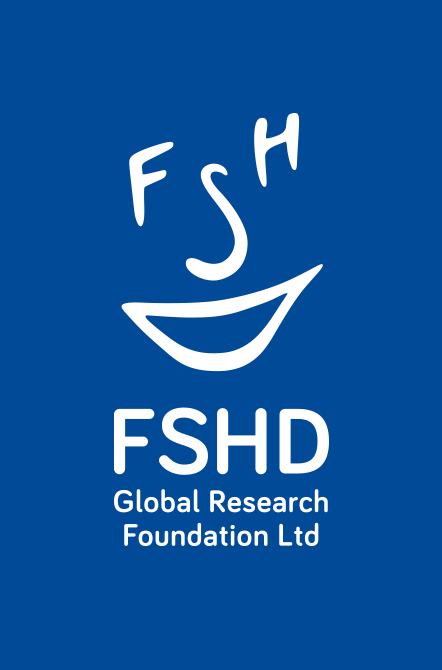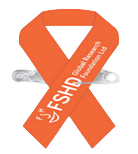GRANT 18
Research Institution: University of Calgary Alberta, Canada
Principle Investigator: Dr. Jean Mah
Type: Collaboration
Project title: “Study on the clinical features, expression profiling, and quality of life of infantile onset FSHD”
Status: Completed
Summary
The main objectives of this study are: 1) to establish a standardized muscle testing protocol for use in children and adults with infantile onset FSHD; 2) to describe the range and combinations of clinical symptoms of infantile FSHD, for both the early infantile group (before age 5) and the late onset group (between 5 and 10 years of age); 3) to study the impact on physical impairment, overall health, activity and disability caused by FSHD across different age groups; and 4) to explore potential genetic modifiers on clinical symptoms and disease progression in infantile FSHD, by first comparing DNA expression (RNA) profiles in the severe symptom subgroup of patients to the mildest symptom subgroup of patients, and so identify genes and pathways that potentially modify the symptoms using RNA microarrays. The differentially regulated genes and pathways will then be validated using tests for gene expression (RNA) and protein production. In this way the correlation between gene expression and disease severity will be determined.
FSHD is an inherited neuromuscular disorder. Fortunately recent scientific advances have indicated associated genetic changes, such as deletion of genetic material (DNA) in the D4Z4 repeat region on chromosome 4, which for Type 1 FSHD can adversely affect muscle development. This leads to the frequently observed progressive wasting and weakness of the face, shoulder girdle, upper arm, abdominal, and lower limb muscles. However, amongst individuals with this genetic diagnosis of FSHD, there is a wide spectrum of symptoms, ranging from being unaffected to wheelchair-dependency. Although FSHD typically appears during the second or third decade of life, with facial involvement, shoulder winging, and limitation in shoulder and arm movements, some patients have milder features with sparing of the face and some have predominantly lower extremity weakness. Environmental factors and other genetic modifiers likely play important roles in these variable symptoms of FSHD.
Less is known about the early childhood form of FSHD because it is uncommon. Infantile (<11 years of age) FSHD makes up about 5% of the total FSHD population, and affected individuals may have more severe symptoms, such as non-neuromuscular effects, cognitive disability, seizures, and visual, and hearing deficits. Affected children can have low muscle strength from infancy, with developmental delays and poor growth due to feeding difficulties. Complications such as hip displacement and spinal deformities may add to the muscle weakness leading to loss of independent walking at a young age. Even though the early infantile form of FSHD may be associated with typical small fragments of DNA (D4Z4 repeats), planning can be challenging, as it may arise spontaneously, when no other family members are affected. Because it is less common, the physical and psychosocial impact of infantile onset FSHD has not been formally assessed. Additionally, although a prospective evaluation protocol for the natural history has been developed for adults with FSHD, it has not been developed for children with FSHD.
Utilization of the Cooperative International Neuromuscular Research Group (CINRG) study sites will provide an ideal network of dedicated researchers to study the clinical features of infantile onset FSHD. In addition, collaboration with local and international experts in the fields of pediatric ophthalmology, audiology, speech, and neuropsychology is included in the study plan to help define and raise awareness about the non-neuromuscular symptoms of infantile FSHD. This single visit cross-sectional study will generate data to lay the groundwork for a larger prospective study of the natural history of FSHD and the clinical outcome for subsequent therapeutic trials.
The study objective is to recruit 50 participants with infantile onset FSHD from participating CINRG sites across the Unites States, as well as other centers in Canada, Europe, and Australia. The participants may be adults or children having a confirmed diagnosis of infantile onset FSHD.




